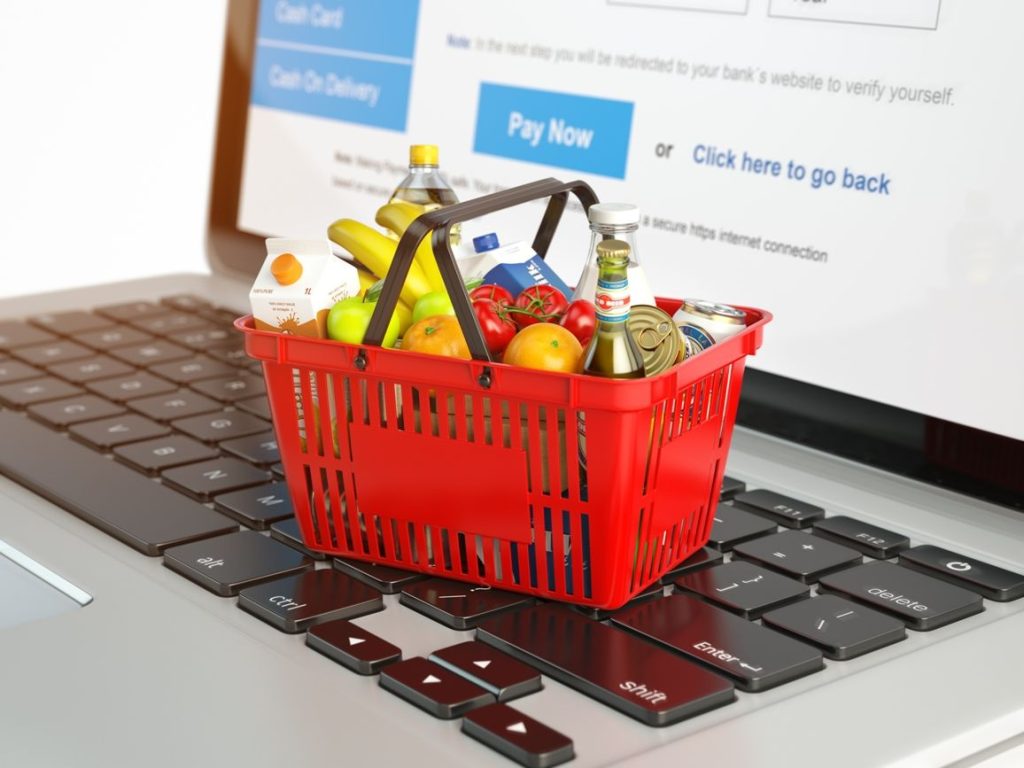 Pepper announced it raised $30 million in a Series B funding round. The ecommerce platform for food distributors will use the money to invest in generative artificial intelligence (AI), add new advertising capabilities and make other improvements, it said.
Pepper announced it raised $30 million in a Series B funding round. The ecommerce platform for food distributors will use the money to invest in generative artificial intelligence (AI), add new advertising capabilities and make other improvements, it said.
The round was led by investment firm Iconiq Growth. Existing investors from Index Ventures, Greylock, Imaginary and Harmony Partners also participated. Richa Mehta, principal at Iconiq, will also join Pepper’s board of directors.
Bowie Cheung, CEO and cofounder of Pepper said that the tremendous support from ICONIQ Growth and our existing investors not only validates the company’s vision but also reinforces otheir position as the most trusted and transparent technology partner in the foodservice distribution industry. This funding will enable Pepper to accelerate their roadmap, focusing on innovative solutions that meet the evolving needs of customers and strengthen their operations.
New York City-based Pepper was founded as a startup in 2019. Cofounder Cheung previously spent four years at Uber Eats, according to his LinkedIn. The ecommerce platform works to help independent food service distributors find new customers, grow revenue and become more efficient, it says.
Pepper previously raised $16 million in a funding round in 2021. At the time, Cheung said the investment would accelerate product development in important areas like digital payments and product recommendations.
In 2024, Pepper has more than 140 food distribution customers and more than 16 thousand operators. Since the last funding round, Pepper doubled its customer base and released 100 new features.
The technology vendor shared some plans for investing the $30 million.
“This new funding will enable us to significantly accelerate product development and growth of our customer support teams, so that we can deliver even more value to independents,” Cheung said in a LinkedIn post.
Pepper will “double down” on the following key areas:
- Generative AI. Pepper says AI will make operations more efficient by creating order guides and turning voicemails into orders, among other uses.
- Customer relationship management (CRM). It will improve CRM capabilities with features like streamlined identification and setup and dynamic product recommendations.
- Product library expansion. Pepper uses AI to curate the food service product library.
- Advertising. It will implement new features like targeted advertising campaigns and sponsored search keywords.
- Ecommerce UX enhancements. Pepper will improve customer experience through investment in product displays, expanded analytics, and enhanced offline capabilities.
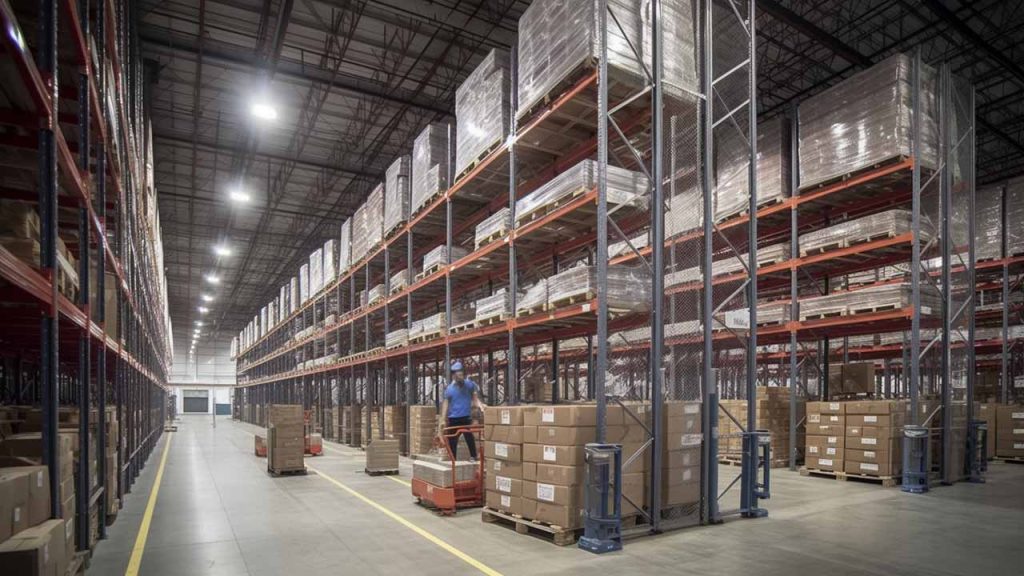 After a yearlong stretch of supply chain and market disruption, distributors are sharpening their digital commerce growth strategies, adapting to new ecommerce demands in the manufacturing and distributing world. In doing so, they’re working to provide more value and a better customer experience choosy and careful buyers.
After a yearlong stretch of supply chain and market disruption, distributors are sharpening their digital commerce growth strategies, adapting to new ecommerce demands in the manufacturing and distributing world. In doing so, they’re working to provide more value and a better customer experience choosy and careful buyers.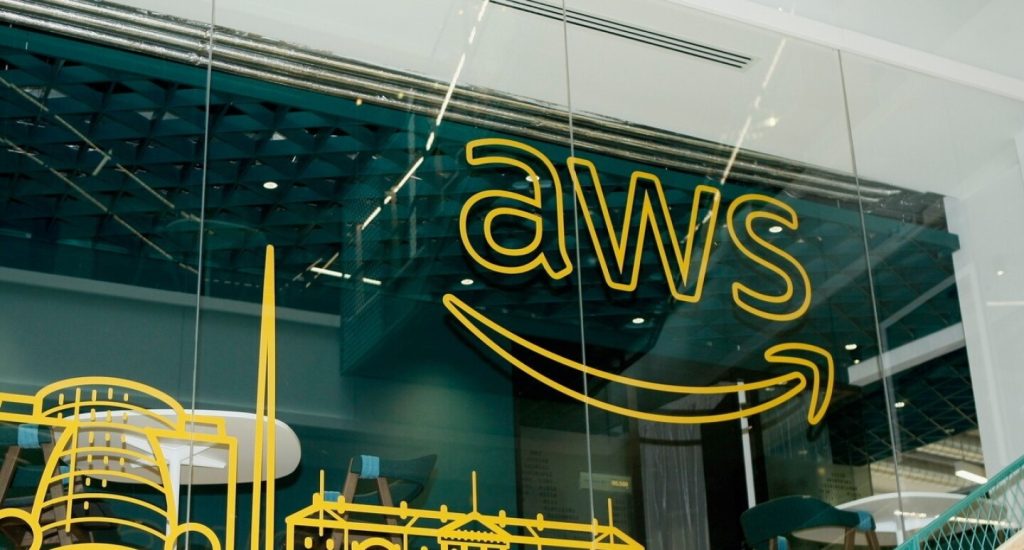 Amazon will cut hundreds of jobs in its Amazon Web Services (AWS) division. The layoffs will impact “several hundred” sales, marketing and global services (SMGS) roles. In addition, AWS will also cut “a few hundred roles” on the Physical Stores Technology team, the retailer told Digital Commerce 360.
Amazon will cut hundreds of jobs in its Amazon Web Services (AWS) division. The layoffs will impact “several hundred” sales, marketing and global services (SMGS) roles. In addition, AWS will also cut “a few hundred roles” on the Physical Stores Technology team, the retailer told Digital Commerce 360.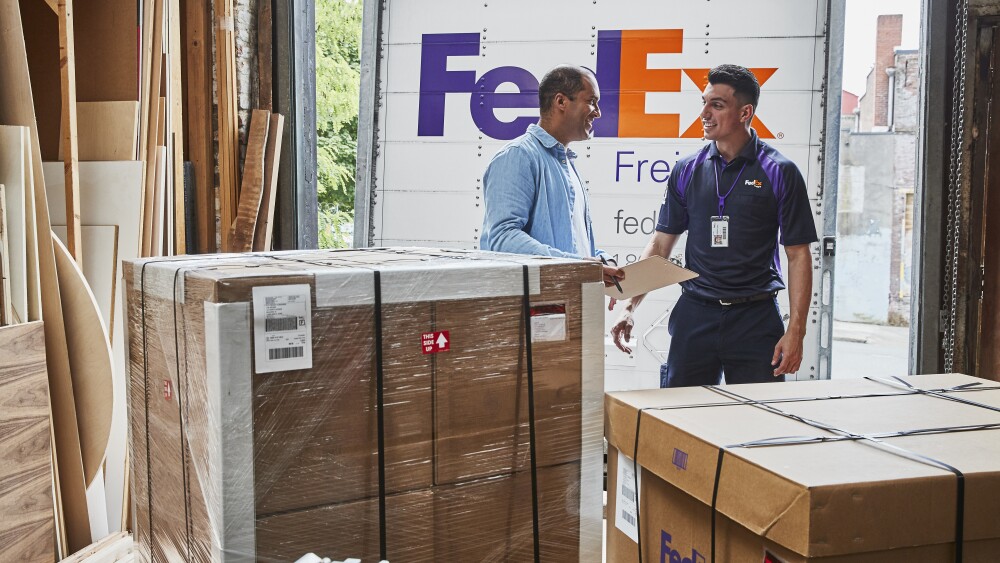 FedEx Corp.’s Small Business Trade Index data shows that the growth of ecommerce is vital to U.S. small and medium-sized businesses (SMBs).
FedEx Corp.’s Small Business Trade Index data shows that the growth of ecommerce is vital to U.S. small and medium-sized businesses (SMBs).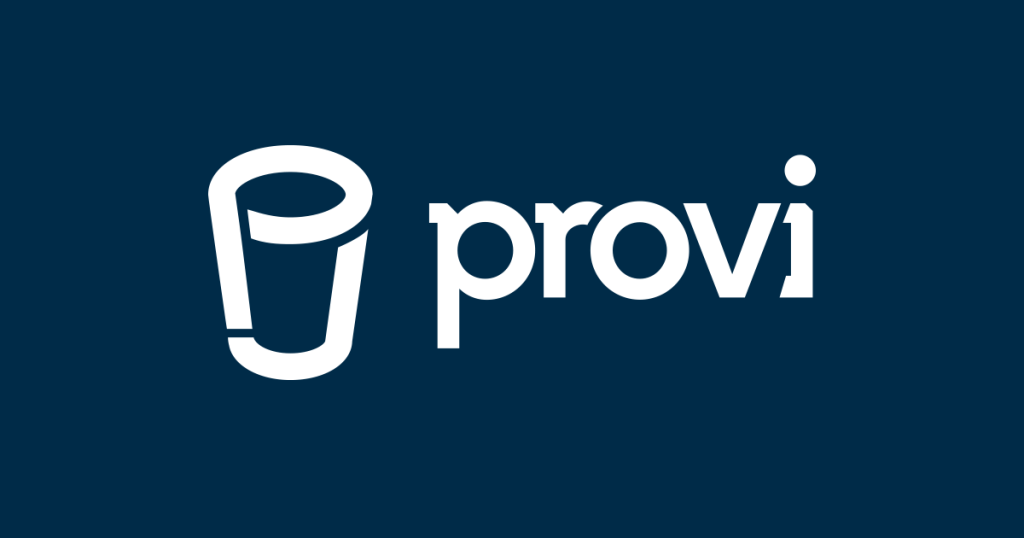 Provi, a B2B online marketplace featuring more than 1,400 alcoholic beverage distributors, has launched new services to streamline retail chains’ often complex purchasing needs.
Provi, a B2B online marketplace featuring more than 1,400 alcoholic beverage distributors, has launched new services to streamline retail chains’ often complex purchasing needs.
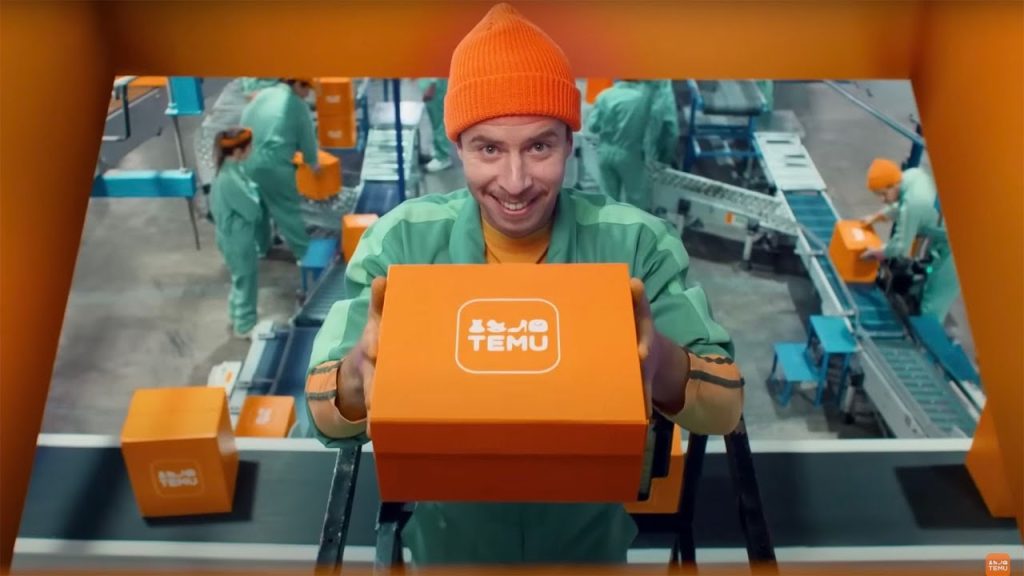 Shoppers want to be able to find a wide variety of products in one place, findings from a Temu online shopping survey show.
Shoppers want to be able to find a wide variety of products in one place, findings from a Temu online shopping survey show. Funding for B2B marketplaces dropped significantly in 2023, totaling $700 million compared to more than $2 billion in 2022, according to Applico LLC’s third annual B2B marketplace rankings. In addition to less venture capital fueling B2B marketplace investment, the number of deals reached a five-year low, totaling just 23 for 2023, a 40% dip from the previous year.
Funding for B2B marketplaces dropped significantly in 2023, totaling $700 million compared to more than $2 billion in 2022, according to Applico LLC’s third annual B2B marketplace rankings. In addition to less venture capital fueling B2B marketplace investment, the number of deals reached a five-year low, totaling just 23 for 2023, a 40% dip from the previous year.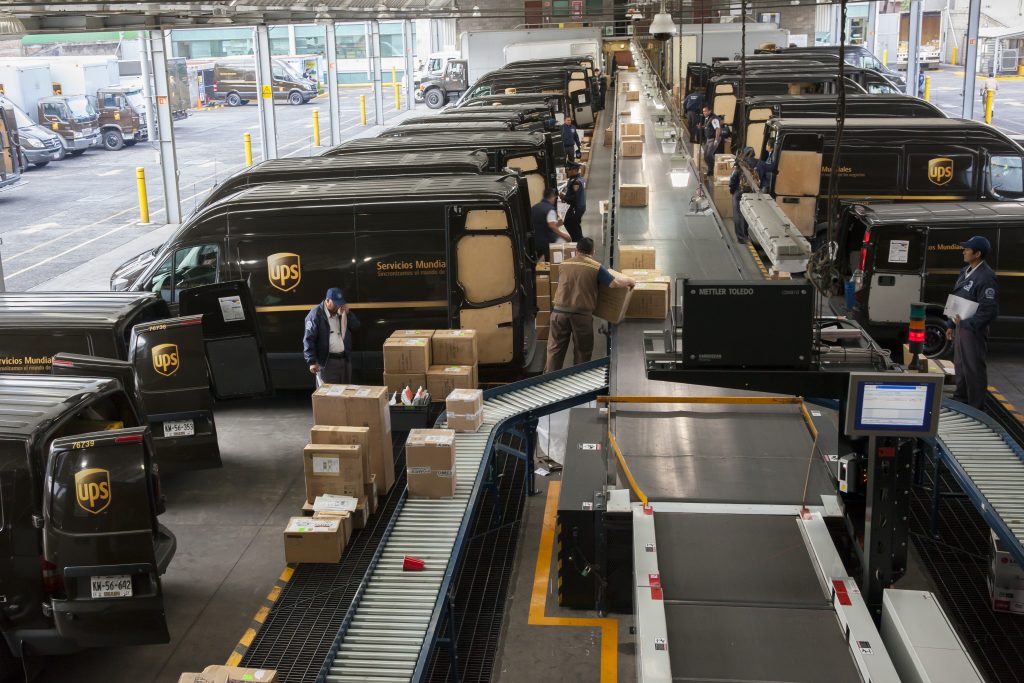 UPS revenue declined in Q4 and 2023. The carrier says the planned job cuts will generate $1 billion in savings in 2024.
UPS revenue declined in Q4 and 2023. The carrier says the planned job cuts will generate $1 billion in savings in 2024.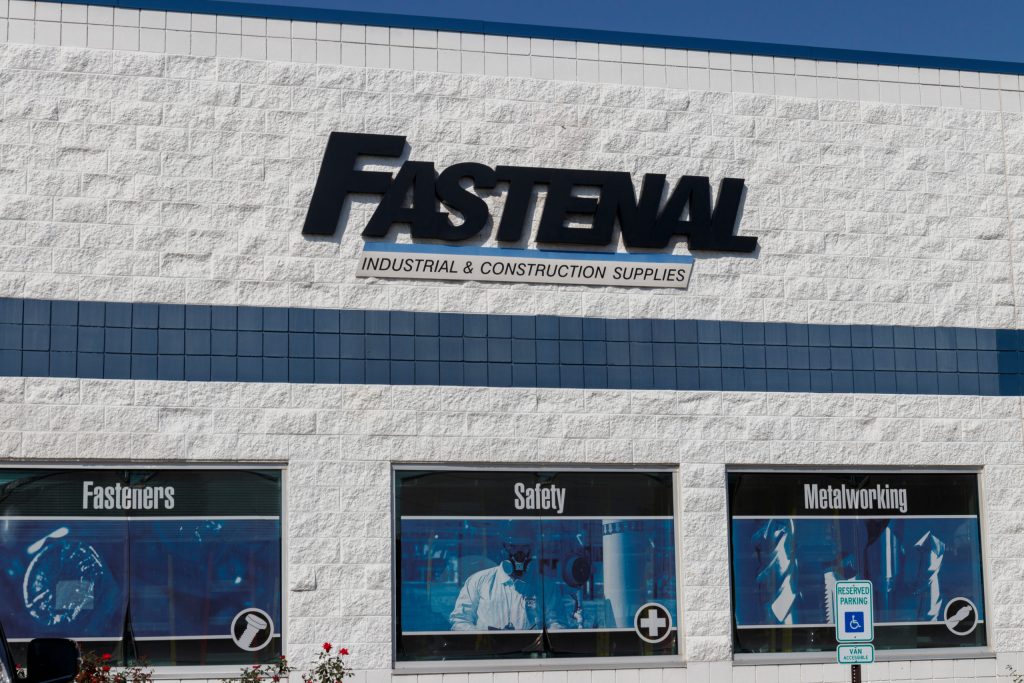 Customers of Fastenal Co. want more flexibility to order via multiple digital channels including a self-service web shop, vending machines and vendor-managed inventory systems. The industrial and construction supplies distributor says it will continue on its course of expanding its digital sales capabilities.
Customers of Fastenal Co. want more flexibility to order via multiple digital channels including a self-service web shop, vending machines and vendor-managed inventory systems. The industrial and construction supplies distributor says it will continue on its course of expanding its digital sales capabilities.